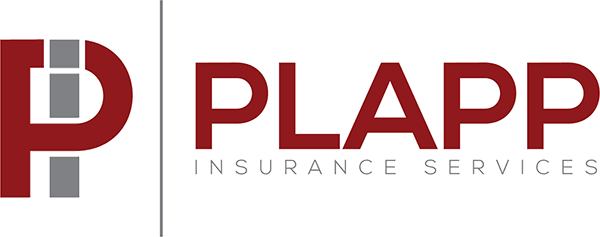Insurance represents just one of several approaches for managing risk, with its availability and cost-effectiveness varying from state to state. For instance, Illinois is an example of a state where insurance options are generally abundant and reasonably priced.
However, Florida presents a starkly contrasting scenario. The roots of Florida’s current insurance predicament can be traced back to Hurricane Andrew in 1992. Since that catastrophic event, a series of factors, including multiple hurricanes, inadequate responses from state and local authorities, a handful of profit-driven insurance company leaders, and a few unscrupulous contractors and personal injury attorneys, often accompanied by willing clients, did tremendous damage to Florida’s property insurance market. While there are no quick or easy solutions, recent legislation appears to be steering things in a more positive direction.
Unfortunately, the property insurance market faces new challenges nationwide. Property losses are increasing rapidly, due in part to more and more powerful storms and to wildfires, while repair and rebuilding costs are outpacing inflation. And reinsurance (insurance for insurance companies) costs have risen dramatically with coverage terms that are more restrictive. These issues are more complex and less influenced by legislative measures, making them harder to address.
















